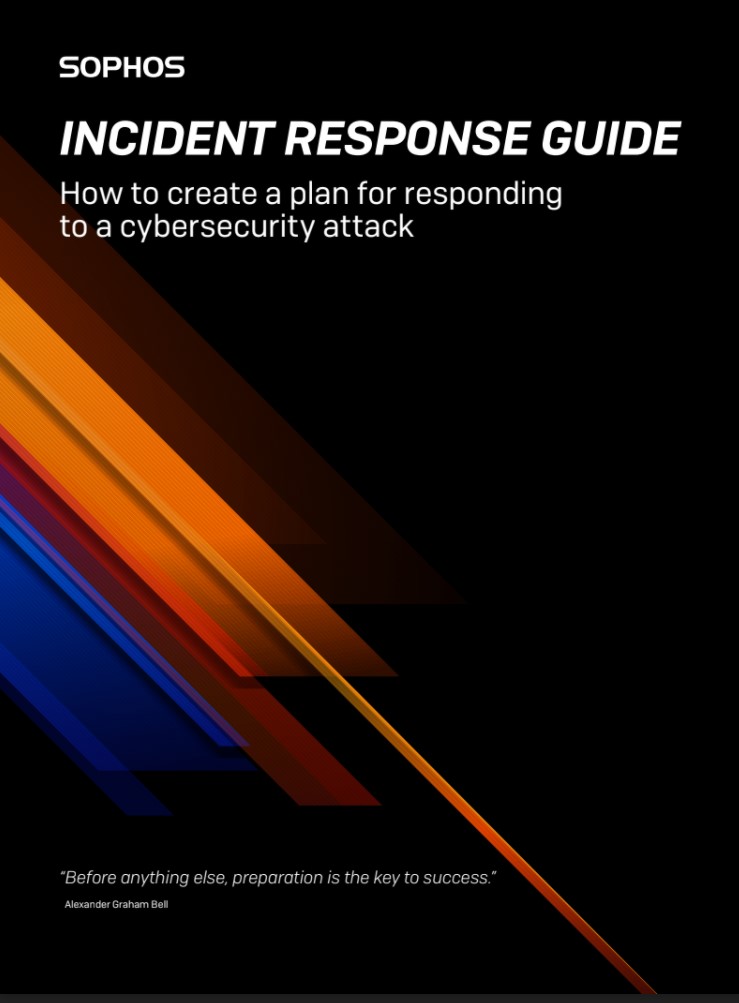350,000 Spotify users hacked in credential stuffing attack
Hackers left the stolen data unsecured and unencrypted, so anyone with internet access could access it


Hackers have accessed as many as 350,000 Spotify user accounts as part of a credential-stuffing attack, and have done so without having to crack Spotify’s system.
According to security researchers at vpnMentor, the attacks were successful because hackers reused login credentials from previous data breaches. The hackers simply needed to try various username and password variations on Spotify, which is known as credential stuffing, until they found a match.
Noam Rotem and Ran Locar, part of vpnMentor’s research team, found an Elasticsearch database containing over 380 million records, including login credentials and other user data being validated against the Spotify service. It discovered the database as part of a huge web-mapping project.
The researchers used port scanning to examine particular IP blocks and test different systems for weaknesses or vulnerabilities. The database they found through this scanning was accessible to them because it was completely unsecured and unencrypted, so anyone with internet access could see the data. This lapse shows that even hackers sometimes forget the basics of cyber security.
The researchers said the origin of the database and how the fraudsters were targeting Spotify are unknown. “The hackers were possibly using login credentials stolen from another platform, app, or website and using them to access Spotify accounts,” researchers said in a blog post.
The researchers worked with Spotify to confirm the database belonged to a group or individual using it to defraud Spotify and its users.
Researchers discovered the issue in July and contacted the streaming service within a week. That same month, Spotify initiated a rolling password reset for all users affected, rendering the information on the database useless.
Sign up today and you will receive a free copy of our Future Focus 2025 report - the leading guidance on AI, cybersecurity and other IT challenges as per 700+ senior executives
RELATED RESOURCE

Javvad Malik, security awareness advocate at KnowBe4, told IT Pro that this exposure goes to illustrate that criminals don't need sophisticated technical hacking abilities to compromise accounts, rather, they can take advantage of users’ lax security practices.
“Credentials are a particular area in which users are left exposed because they either choose weak passwords or reuse them across different sites,” he said. “It's why it's important that users understand the importance of choosing unique and strong passwords across their accounts and where available enable and use MFA. That way, even if an account is compromised, it won't be possible for attackers to use those credentials to breach other accounts."
Niamh Muldoon, OneLogin’s senior director of trust and security, told IT Pro this is a great example of why single-authentication mechanisms are so weak.
“It can be hard for individuals to remember all the accounts they hold and to keep up to-date with every data breach that is happening. Therefore, organizations should enable their end-users to be as security first and conscious as possible.
"An easy way for organizations to do this is by streamlining access via a single sign-on platform, securing their access via two-factor authentication to protect them against risks like the Spotify end-users experienced,” she said.
Rene Millman is a freelance writer and broadcaster who covers cybersecurity, AI, IoT, and the cloud. He also works as a contributing analyst at GigaOm and has previously worked as an analyst for Gartner covering the infrastructure market. He has made numerous television appearances to give his views and expertise on technology trends and companies that affect and shape our lives. You can follow Rene Millman on Twitter.
-
 The modern workplace: Standardizing collaboration for the enterprise IT leader
The modern workplace: Standardizing collaboration for the enterprise IT leaderHow Barco ClickShare Hub is redefining the meeting room
-
 Interim CISA chief uploaded sensitive documents to a public version of ChatGPT
Interim CISA chief uploaded sensitive documents to a public version of ChatGPTNews The incident at CISA raises yet more concerns about the rise of ‘shadow AI’ and data protection risks
-
 Spotify updates privacy policy following outcry
Spotify updates privacy policy following outcryNews The company’s CEO has followed through on his promise to clarify certain points
-
 Spotify reveals hack on Android devices
Spotify reveals hack on Android devicesNews The music service has warned of unauthorised access of its systems and data
-
 Spotify targeted by malicious ads
Spotify targeted by malicious adsNews The free version of Spotify is targeted by malicious ads, as hackers look to place malware on users' systems.
-
 Today in tech: Up in the cloud, search for security recruits
Today in tech: Up in the cloud, search for security recruitsNews Pressed for time but need to keep on top of tech news? Look no further than this daily roundup.
-
 Security woes hit Spotify music service
Security woes hit Spotify music serviceNews Music service Spotify is the latest web darling to be hit by a security attack.
